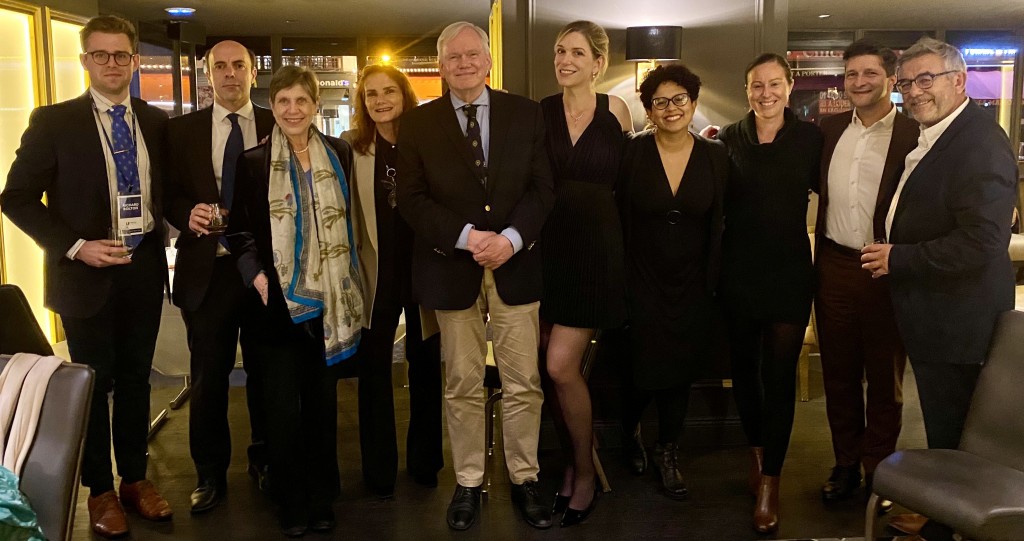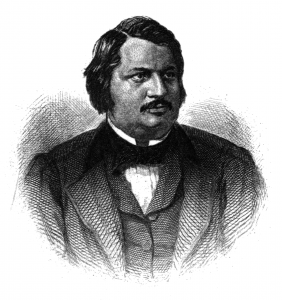The venerable American institution Liberty Fund, based in Indianapolis, publishes books in the conservative-liberal tradition and holds colloquia on problems of freedom. One such colloquium was directed by RNH Academic Director Hannes H. Gissurarson in Paris, at the Hilton Opera, on 28–31 October 2021. The topic was Honoré de Balzac’s celebrated novel, Père Goriot, which takes place in Paris during a few months in 1819–1820. In his Capital in the Twenty-First Century, French economist Thomas Piketty repeatedly quotes from Balzac’s novel, claiming that it illustrates what kind of society is now being developed, with the rich becoming ever richer and wealth clinging obstinately to families. According to Piketty, the French nineteenth-century novelist ‘depicted the effects of inequality with a verisimilitude and evocative power that no statistical or theoretical analysis can match’. Piketty asserts that ‘inherited wealth comes close to being as decisive at the beginning of the twenty-first century as it was in the age of Balzac’s Père Goriot’ and that this novel reveals ‘the cynicism of a society entirely corrupted by money’.
Gissurarson and other participants at the colloquium pointed out that this was far from being the case. The chief protagonists of Balzac’s novel were all in thrall to their passions, not to money except as a means. Old Goriot has transferred almost all his wealth to his two ungrateful daughters and lives modestly in a boarding house. One of his daughters desperately needs money to pay the gambling debts of her lover. The other daughter has seen her husband use her dowry on speculation, with no certainty that its value will be maintained or increased. Another resident in the boarding house, Vautrin, turns out to be a runaway prisoner who had taken responsibility for a crime he had not committed, because he had passionately loved the real perpetrator. Thus, the novel is really about the fragility of capital and the frailty of human beings. They are not corrupted by money but rather by their passions which they cannot completely control. Participants in the colloquium included Professors David Womersley from Oxford University and Pierre Garello from Aix Marseille University and Luis Ball and Leonidas Zelmanovitz from Liberty Fund.




